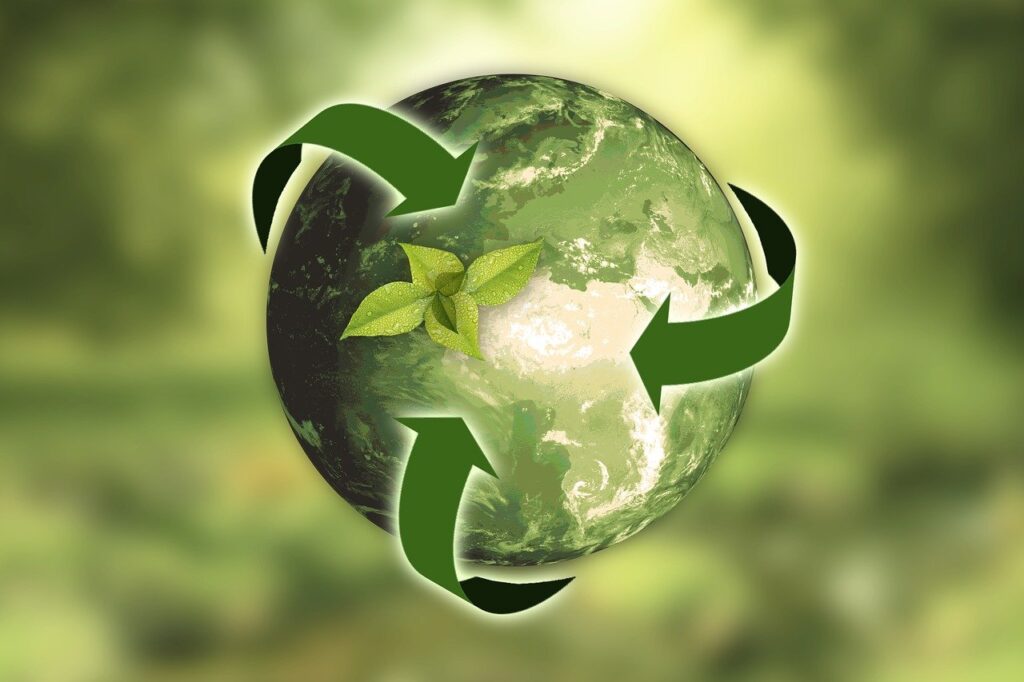A newly released study commissioned by Swedish multinational home appliance manufacturer Electrolux has investigated the opinions of individuals ages 15-20 towards better living and a sustainable future. The diverse group of young people come from a range of 13 countries from across the globe, including in Israel.
For many questions, respondents were asked to indicate the extent to which they agreed with a given statement, using a score of one to five – with five being the issue of most concern to them. Nearly 14,000 young responded to those questions, of which 1,255 were Israeli residents.
The questionnaire focused on worries and threats, with general sustainability as that global issue that almost six out of 10 responded to as the global issue they most identified with and were most anxious about in their lives. The study did find that young people are eager to be active in leading the charge towards a sustainable future, which 37 trusting themselves, 27 percent trusting scientists, and 17 percent trusting influencers to help them strive towards this goal.
One of the Israel respondents had an interesting perspective on the reduce, reuse and recycle circle of the waste hierarchy when it came to the issue of clothing. “I don’t buy clothes, but I use clothes from family members or friends. And then I pass clothes on when I don’t want them anymore,” said 20-year-old Michael. He added that he thought the shopping culture was too strong and that he did not view it as an activity that would likely disappear anytime soon.
Another respondent, Shai, a 19-year-old Israeli, had some sharp words of condemnation for how the earth’s resources are being used and abused. “We don’t have much time left, and sometimes it feels like it’s too late already. I am extremely worried about global warming. And here in Israel, the sea [in some places] is so polluted by companies and their littering that you cannot even go for a swim,” he said.
Many respondents from this region indicated they wanted a more comfortable life. Compared to others in this survey, this group showed lower anxiety toward global sustainability threats in general, although there was a high concern for air pollution (38 percent, compared to 26-33 percent in other locations).
Respondents were broadly divided into four geographical regions; North America, Latin America, Europe and Asia-Pacific, Middle East and Africa. Thirty-nine percent of respondents in Vietnam, Thailand, Australia and Israel – against an overall global average of 31 percent – indicated they worried most about pandemics.
A majority of respondents (54 percent) in Asia-Pacific, Middle East and Africa indicated a level of importance of four or five out of five for agreeing with the statement, “I am willing to drastically change my lifestyle in order to save the planet.” Latin America came out top with 66 percent of respondents strongly agreeing with the sentiment.
Respondents from Vietnam, Thailand, Australia, and Israel highlighted different challenges based on the diverse places in which they live. One of the more unifying aspects of their responses was a shared belief in the benefits of technology – befitting of a country known for its high-tech industry, climate leadership and sustainability, and renewable energy.
Many Israeli companies are actively involved in developing sustainability in many of the sectors – including food, fashion and farming – that this diverse group of 15-20-year-olds identified as most pressing for them. For example, the Israeli food tech incubator the Kitchen Hub has sought to leverage its resources to cultivate sustainable innovations in the food industry. Founded in 2015 as a seed investor in startups focusing on food and beverages in collaboration with Strauss-Group, one of the largest international food manufacturers based in Israel, and under the Israel Innovation Authority’s incubators program.
In fashion, Israel’s UBQ partnered with Mainetti to create sustainable products using climate-positive raw material for retailers worldwide, particularly in the development and use of a fully recyclable thermoplastic substitute.
Related posts

Israeli AI Safety Tool Among TIME’S Best Inventions For 2024

TAU Team Discovers Mechanism To Eliminate Cancerous Tumors

Ashdod Port Investing In Startups As Part Of Innovation Strategy




Facebook comments